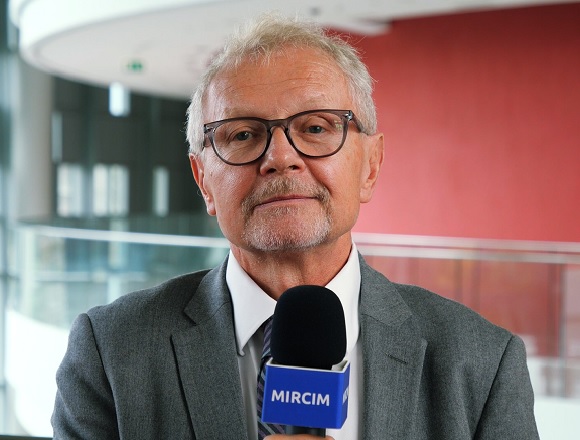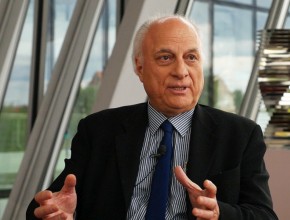When should we refer a patient with chronic headache treated in a pain clinic for repeated imaging studies?
Wieslaw Oczkowski: This is a very difficult question about people with chronic headaches. I think it is difficult in that you do not want to “overimage” people – in other words, do tests that are not necessary and tests that may in fact find abnormalities that are not part of the problem, the headache itself, that are due to something else, which is incidental. When people have done studies looking at just imaging people with chronic headache, about 6% of young men end up having abnormalities which are incidental findings on magnetic resonance imaging (MRI) scanning, and about 1% of people have abnormalities on computed tomography (CT) scanning which probably are not related to their headache. Then you end up having to deal with these problems that you find on these imaging studies.
The most important thing about headache is that headache is a symptom that can be due to many things, and the history followed by the understanding of the individuals themselves is the place you have to start with before you do a scan. Then, when you look at imaging, you have to identify what type of imaging you need to do. There is CT, various different kinds of CT, with or without dye, looking at the blood vessels; there are various types of MRI scans that you can do, of various parts of the nervous system. That has to be guided by what the problem is. A scan can sometimes be done and be reassuring, but just as often you have to be careful that you do not do a scan and find something that is not related to the headache problem, and then the patient has more worry than before they had the headache. So it is important to do a very focused, directed evaluation: history, physical [examination], imaging – appropriate imaging; try to make sure that you focus your investigations appropriately to the possible headache syndrome.
How about neurology consult? When should it be repeated in such cases?
I think a neurologist [should be consulted] if the cause of the headache is unclear, it is persisting, and it is not clearly a defined syndrome that you as a physician are comfortable dealing with or managing. Or if the patient is extremely worried and distressed about a headache problem, which, again, you do not have a good explanation for, that they need reassurance by a neurologist. Or if the headache syndrome – I call it a syndrome because headache is a symptom – is due to something that does require a more detailed and fulsome neurological evaluation. What I mean by that is not just a physical examination part, which a neurologist can do quite well, but it is about directing the investigations.
Then there is an entire specialty where headache is sometimes not due to anything that is physical, in the brain or in the nervous system, but more physiological. Then the challenge is in trying to design a specific treatment and a management plan, which is sometimes best handled by, or at least directed by or initiated by, a neurologist.
 English
English
 Español
Español
 українська
українська











